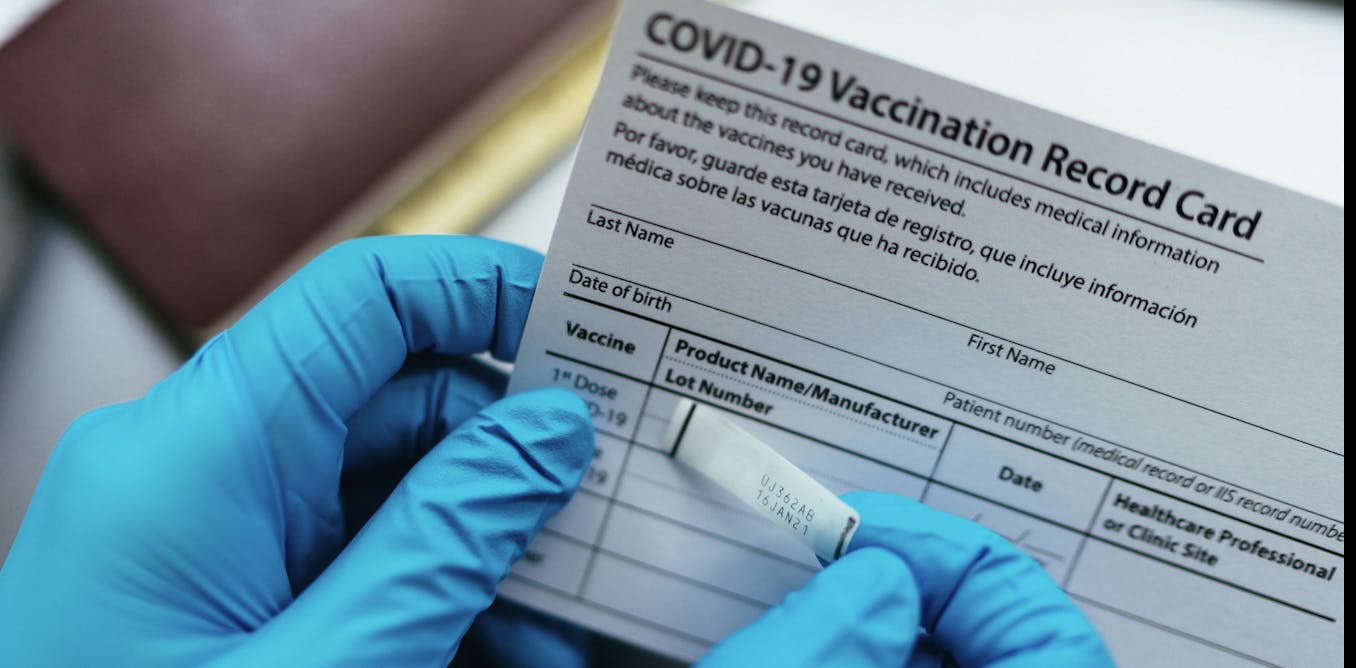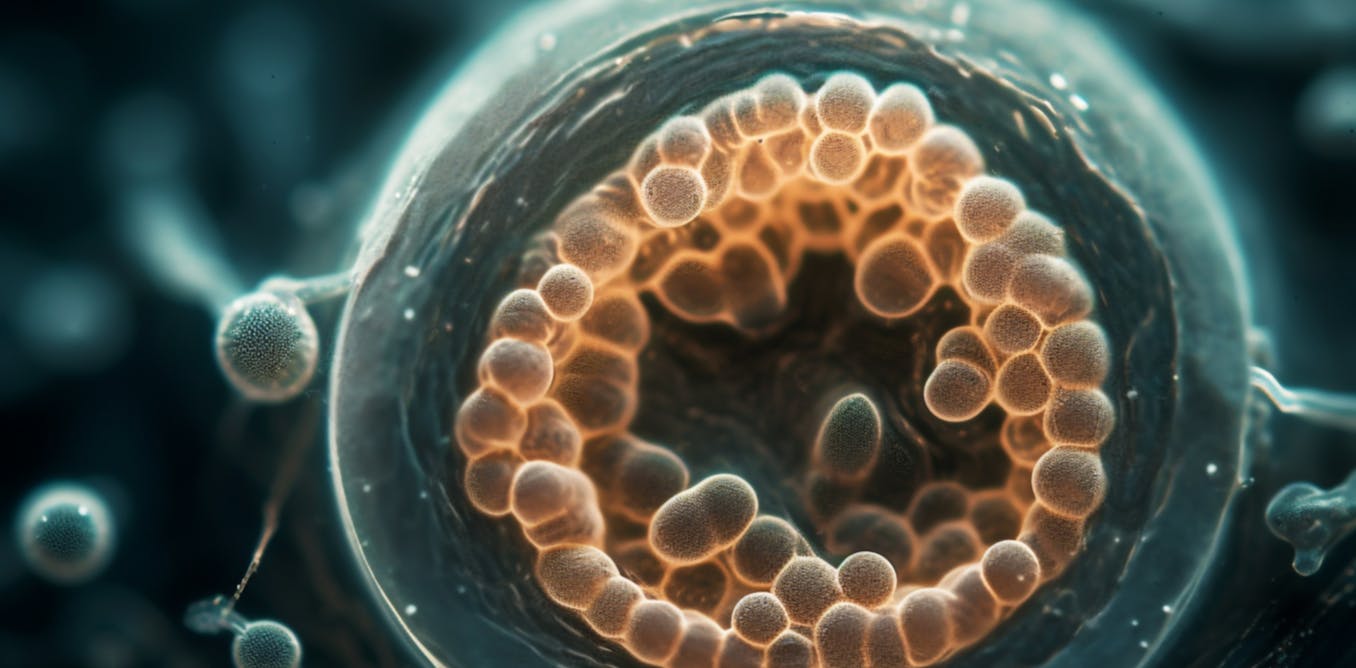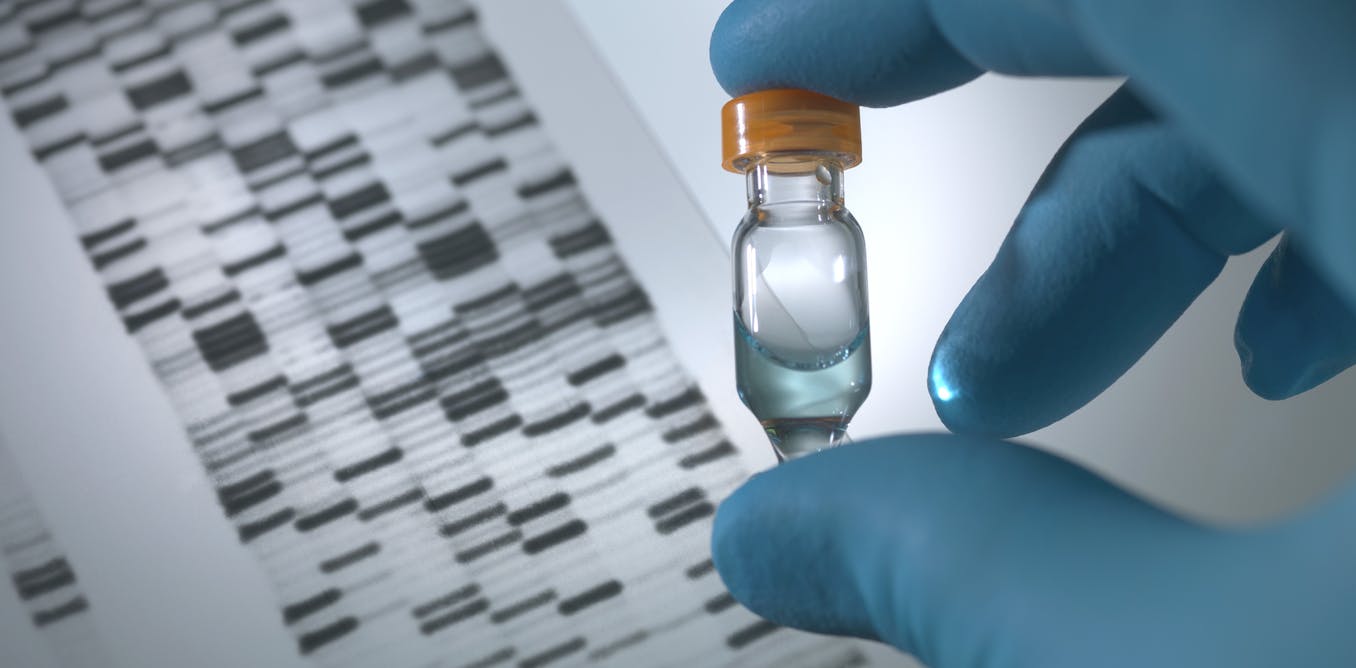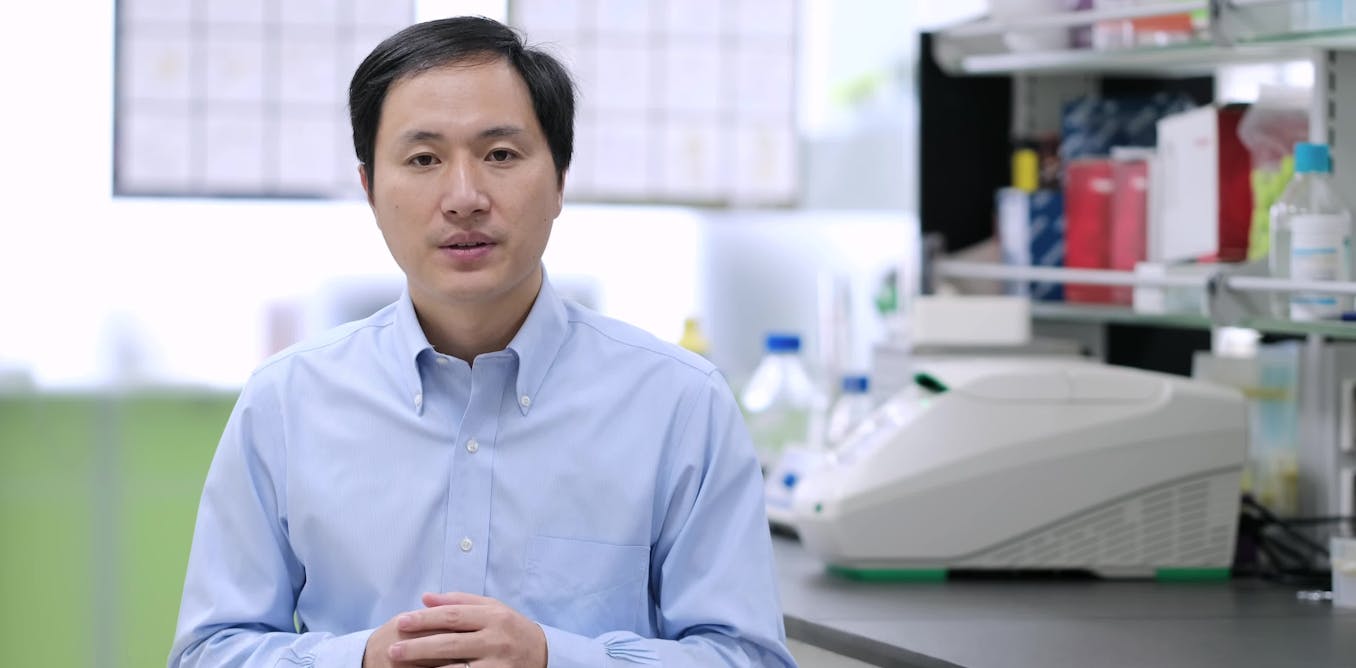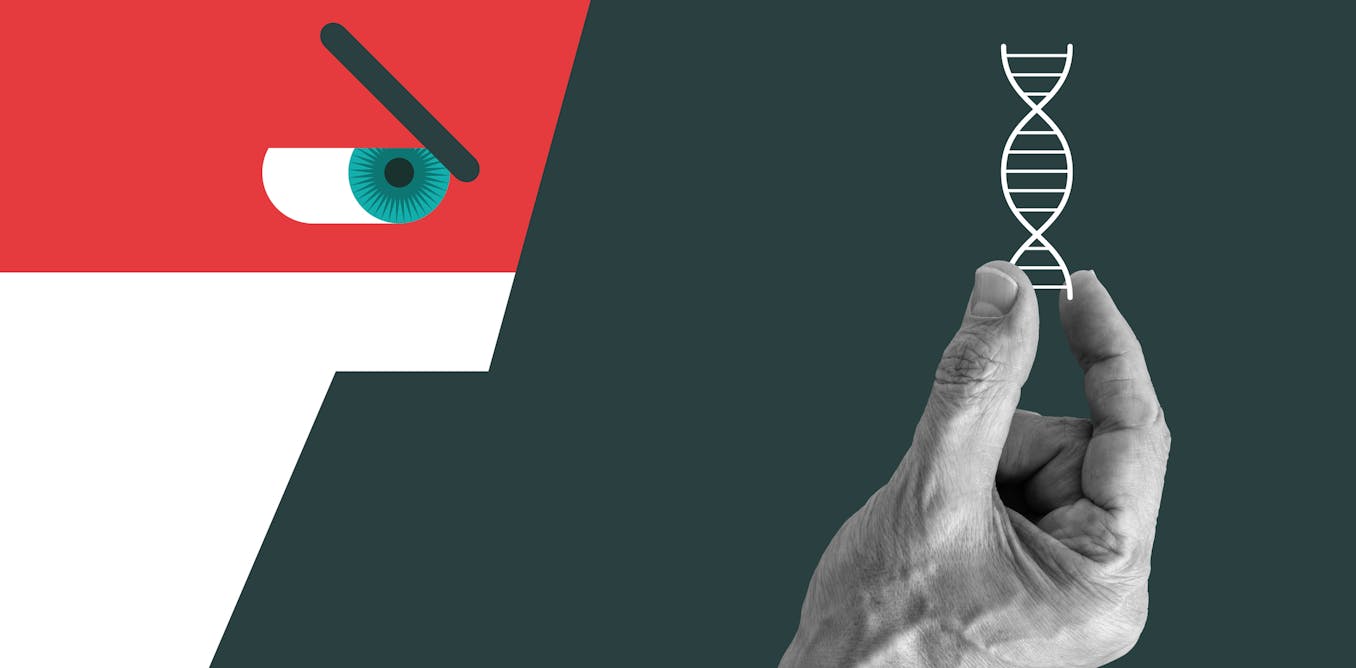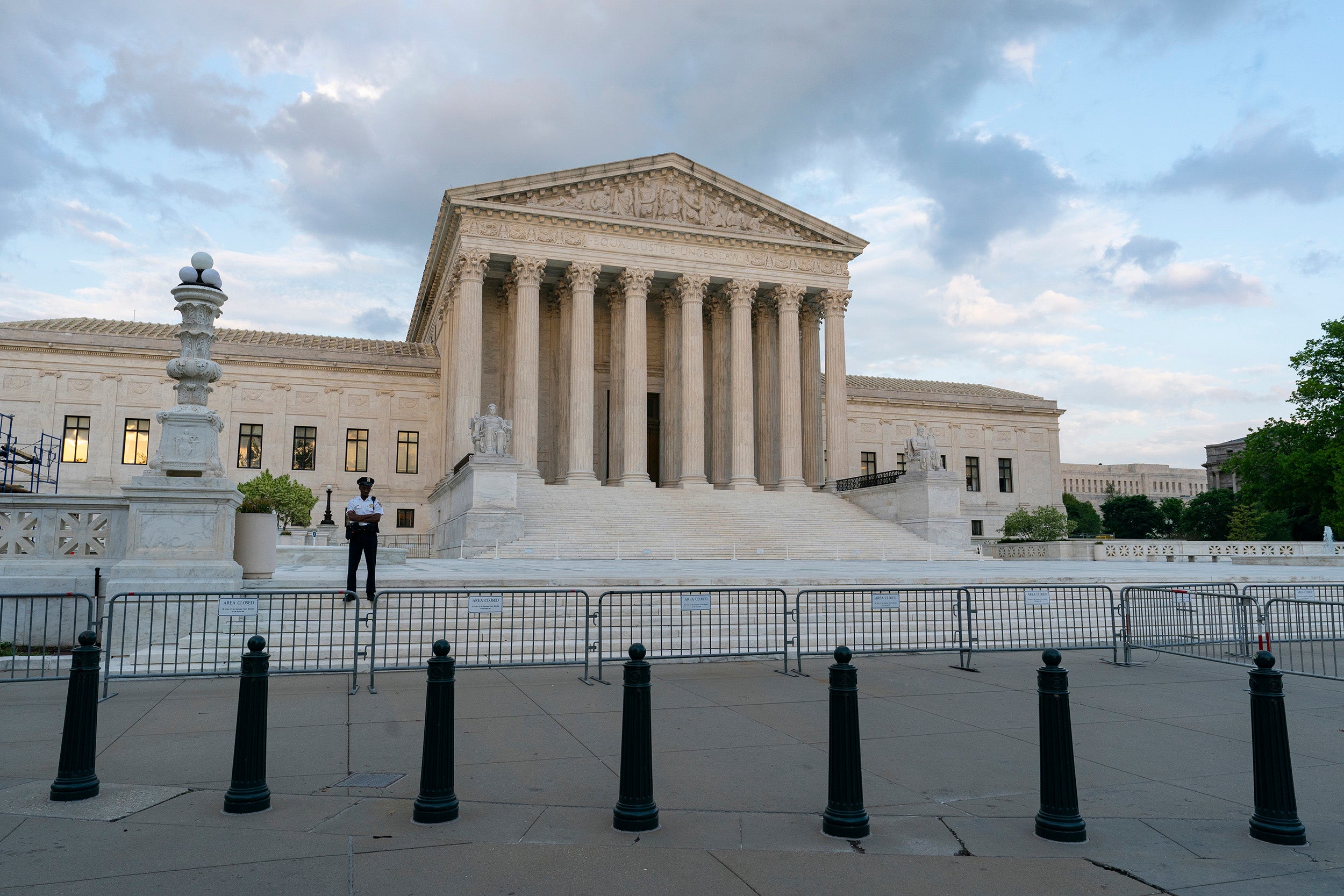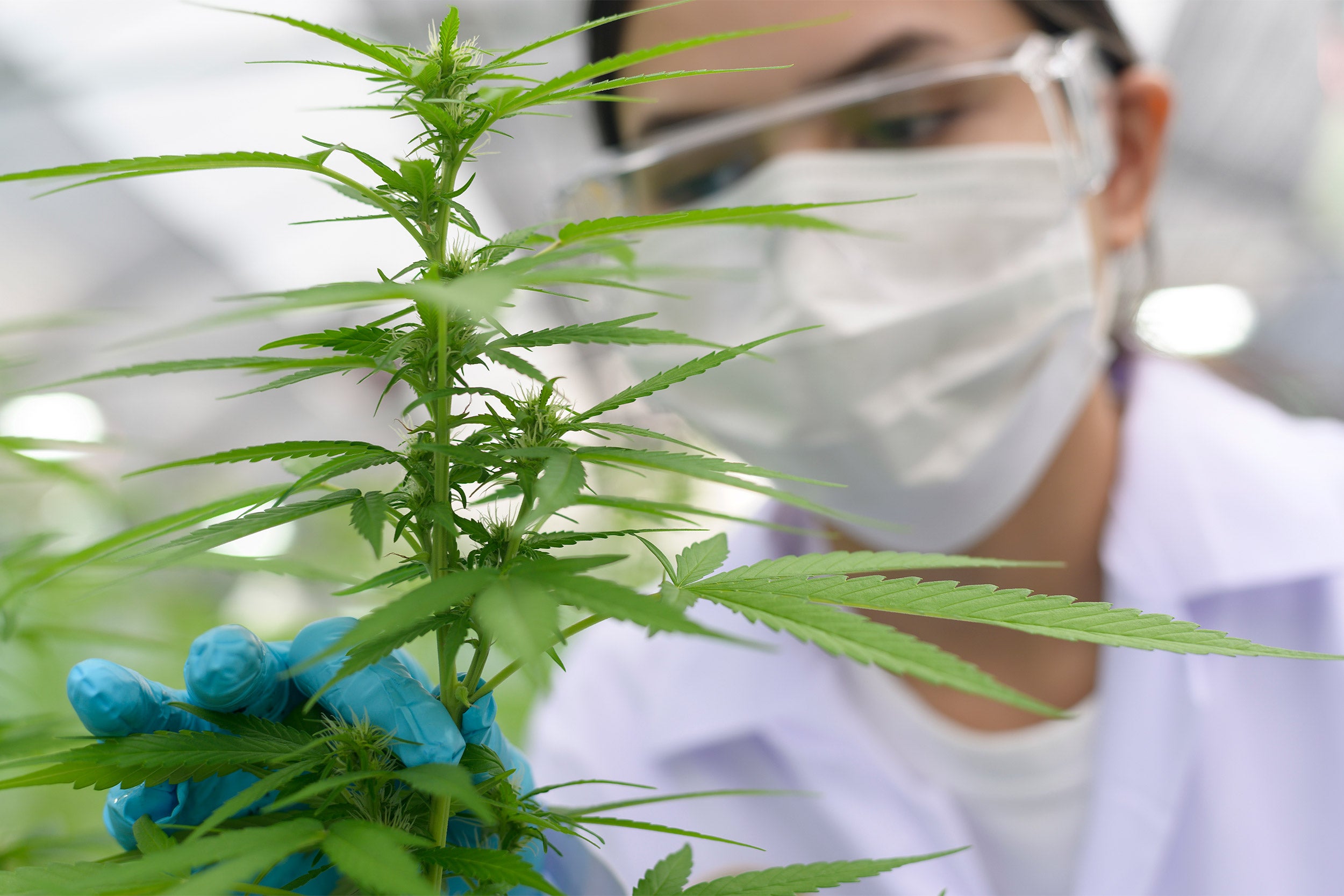COVID-19 vaccine mandates have come and mostly gone in the US – an ethicist explains why their messy rollout matters for trust in public health
Vaccine policies fall on a spectrum, from mandates to recommendations. Deciding what to use and when is not so much a science but a balancing act between personal autonomy and public good.
Oct. 18, 2023 • ~9 min

